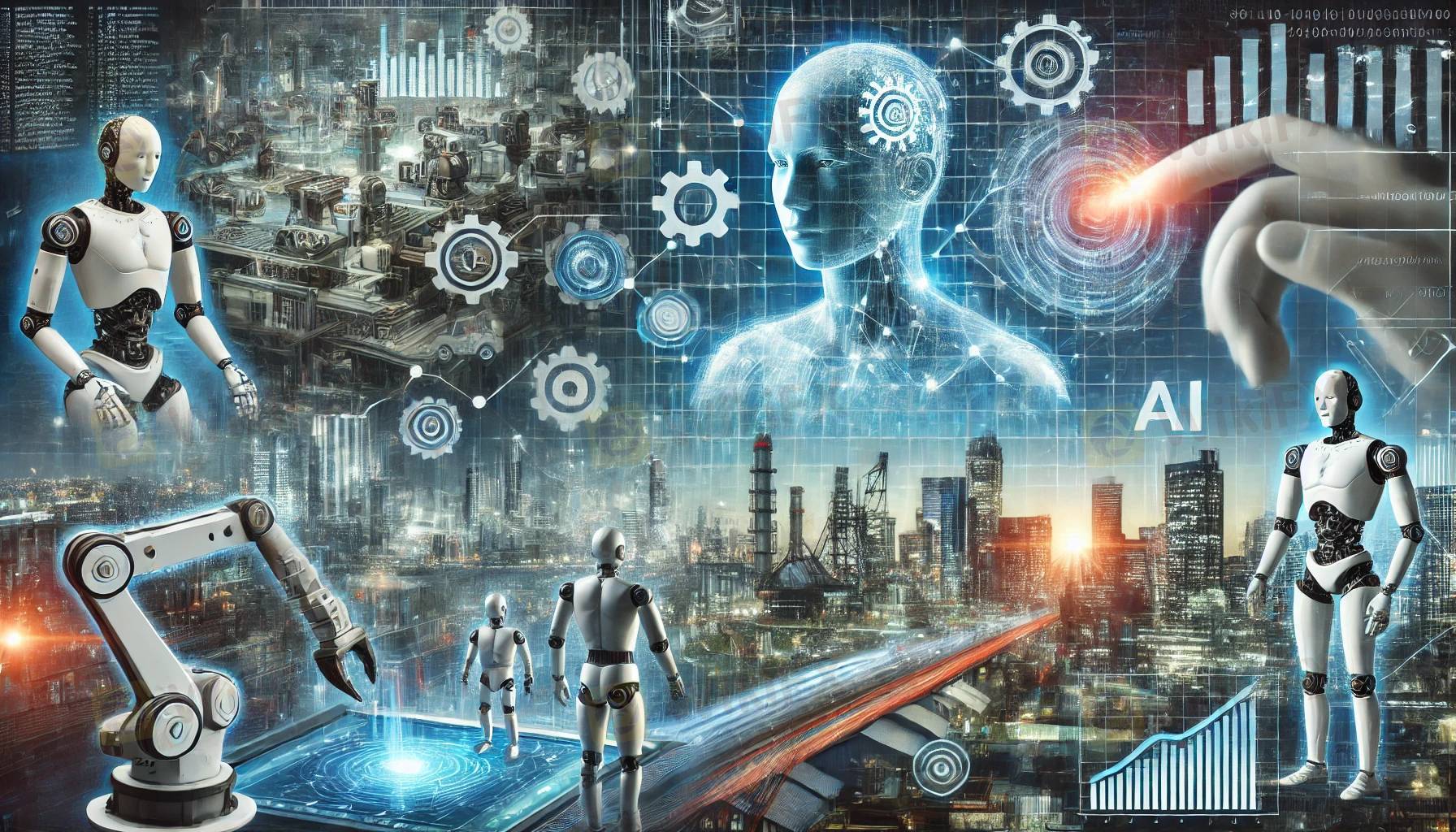
2025-02-18 03:00
IndustryThe Economic of artificial intelligence
The economics of artificial intelligence (AI) involves analyzing how AI impacts productivity, labor markets, economic growth, and business models. It also considers how AI shifts wealth distribution, alters market competition, and influences policy decisions.
Key Aspects of AI Economics
1. Productivity and Efficiency
AI automates repetitive tasks, increasing efficiency in industries like manufacturing, healthcare, and finance.
It enhances decision-making by processing large amounts of data faster than humans.
2. Labor Market Disruptions
AI creates new jobs (e.g., AI engineers, data scientists) but may displace others (e.g., clerical work, manual labor).
There is a shift toward high-skilled jobs, requiring reskilling and education.
3. Economic Growth and Industry Transformation
AI contributes to GDP growth by improving business operations and creating new markets.
Like 0

mobola
Broker
Hot content
Industry
Event-A comment a day,Keep rewards worthy up to$27
Industry
Nigeria Event Giveaway-Win₦5000 Mobilephone Credit
Industry
Nigeria Event Giveaway-Win ₦2500 MobilePhoneCredit
Industry
South Africa Event-Come&Win 240ZAR Phone Credit
Industry
Nigeria Event-Discuss Forex&Win2500NGN PhoneCredit
Industry
[Nigeria Event]Discuss&win 2500 Naira Phone Credit
Forum category

Platform

Exhibition

Agent

Recruitment

EA

Industry

Market

Index
The Economic of artificial intelligence
 Hong Kong | 2025-02-18 03:00
Hong Kong | 2025-02-18 03:00The economics of artificial intelligence (AI) involves analyzing how AI impacts productivity, labor markets, economic growth, and business models. It also considers how AI shifts wealth distribution, alters market competition, and influences policy decisions.
Key Aspects of AI Economics
1. Productivity and Efficiency
AI automates repetitive tasks, increasing efficiency in industries like manufacturing, healthcare, and finance.
It enhances decision-making by processing large amounts of data faster than humans.
2. Labor Market Disruptions
AI creates new jobs (e.g., AI engineers, data scientists) but may displace others (e.g., clerical work, manual labor).
There is a shift toward high-skilled jobs, requiring reskilling and education.
3. Economic Growth and Industry Transformation
AI contributes to GDP growth by improving business operations and creating new markets.
Like 0
I want to comment, too
Submit
0Comments

There is no comment yet. Make the first one.

Submit
There is no comment yet. Make the first one.